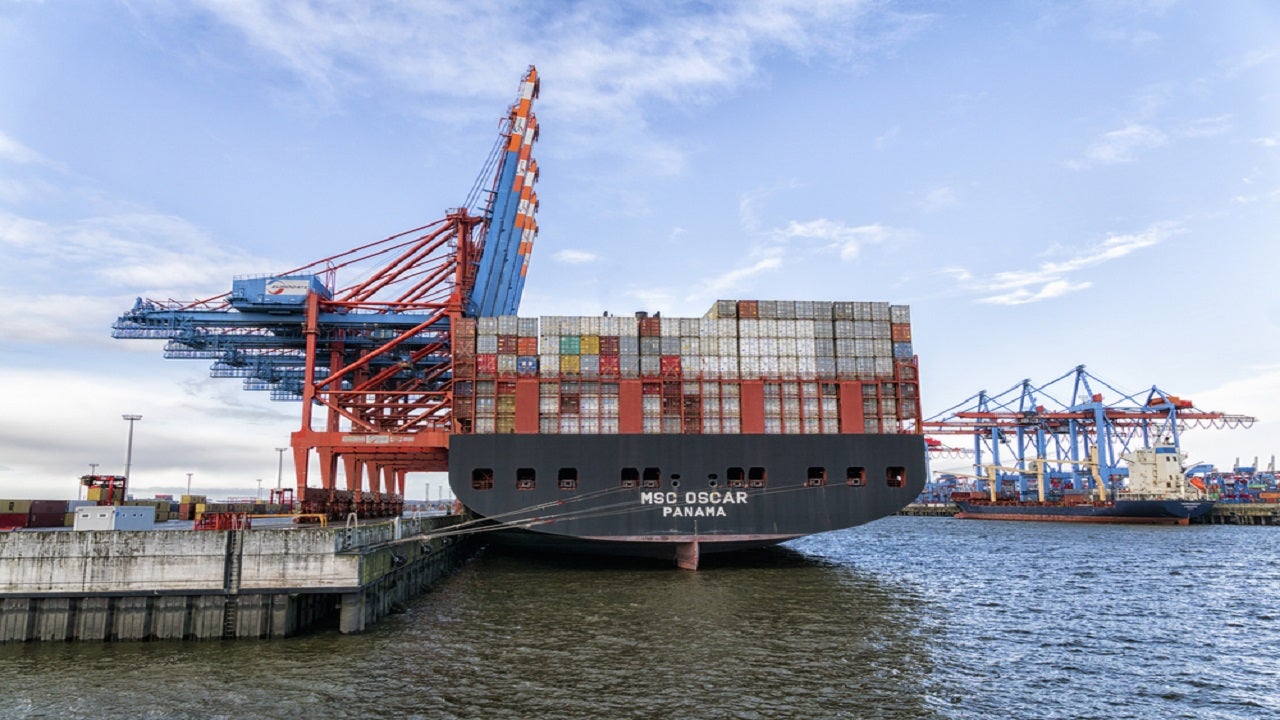In today's rapidly advancing world, the transportation industry is undergoing a significant transformation. As technology continues to evolve, new and innovative means of transport are emerging, promising to revolutionize the way we travel. In this blog post, we will delve into the futuristic means of transport, exploring the cutting-edge advancements that are reshaping the industry.
- Hyperloop: Redefining Speed and Efficiency
The Hyperloop, a concept proposed by Elon Musk, is a high-speed transportation system that utilizes low-pressure tubes to transport pods at incredible speeds. By eliminating air resistance and friction, the Hyperloop has the potential to reach speeds of up to 700 mph, significantly reducing travel time between cities. This revolutionary mode of transport could transform long-distance travel, making it faster, more efficient, and environmentally friendly. - Autonomous Vehicles: Shaping the Future of Mobility
Autonomous vehicles, also known as self-driving cars, are set to redefine the way we commute. With advanced sensors, artificial intelligence, and machine learning algorithms, these vehicles can navigate roads without human intervention. The potential benefits of autonomous vehicles include enhanced safety, reduced traffic congestion, and increased accessibility for individuals with limited mobility. As technology continues to improve, we can expect to see a significant shift towards autonomous vehicles in the near future. - Vertical Takeoff and Landing (VTOL) Aircraft: Urban Air Mobility
VTOL aircraft, commonly known as flying cars, are a futuristic means of transport that could revolutionize urban mobility. These aircraft combine the capabilities of helicopters and airplanes, allowing for vertical takeoff and landing in congested urban areas. With the ability to bypass traffic and fly directly to destinations, VTOL aircraft offer a promising solution to alleviate congestion and reduce travel time. Companies like Uber and Airbus are already investing in this technology, aiming to make urban air mobility a reality. - Maglev Trains: Levitating the Future of Rail Transportation
Magnetic levitation (Maglev) trains are a futuristic alternative to traditional rail transportation. By utilizing magnetic forces to lift and propel trains, Maglev technology eliminates friction, resulting in faster and smoother rides. With speeds exceeding 300 mph, Maglev trains have the potential to revolutionize long-distance travel, connecting cities in record time. Countries like Japan and China have already implemented Maglev train systems, showcasing the viability and efficiency of this futuristic means of transport.
Conclusion:
The future of transportation holds immense potential for innovation and transformation. From the Hyperloop's supersonic speeds to autonomous vehicles reshaping our daily commutes, the possibilities are endless. As we embrace these futuristic means of transport, we can anticipate reduced travel times, increased efficiency, and a more sustainable future. The transportation industry is on the cusp of a revolution, and it is exciting to witness the advancements that will shape the way we travel in the years to come.


